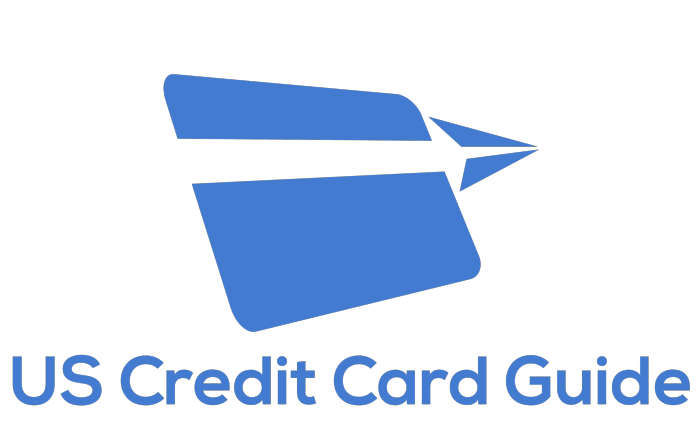
Your credit score can feel like a mystery. It’s a three-digit number that holds significant power over your financial future, especially when you’re looking to secure a loan. Whether it’s for buying a home, financing a car, or funding education, lenders closely examine this score before making decisions. A higher credit score often translates into better interest rates and terms. If you’re planning to apply for a loan soon and want to give yourself the best chance of approval, improving your credit score is essential. The journey toward boosting your credit doesn’t have to be overwhelming. With some knowledge and strategic steps, you can enhance your creditworthiness in time for that big application.
Understanding Credit Scores and Why They Matter
 Credit scores range from 300 to 850, reflecting your creditworthiness. This number is derived from various factors, including payment history and outstanding debts. Lenders use it as a quick reference to gauge the risk of lending you money. A solid credit score can open doors to lower interest rates on loans and credit cards. It often determines not just approval but also the terms you’re offered.
Credit scores range from 300 to 850, reflecting your creditworthiness. This number is derived from various factors, including payment history and outstanding debts. Lenders use it as a quick reference to gauge the risk of lending you money. A solid credit score can open doors to lower interest rates on loans and credit cards. It often determines not just approval but also the terms you’re offered.
With a favorable score, you could save thousands over time due to reduced monthly payments. On the flip side, a low score may lead to higher fees or outright denial of applications.
Factors that Affect Your Credit Score
Several key factors influence your credit score, and understanding them is vital. Payment history holds significant weight. Late or missed payments can quickly drag down your score. Credit utilization also plays a crucial role. This ratio compares your current debt to available credit limits. Keeping it below 30% is generally advised for better scores. Length of credit history matters too. A longer track record can boost your rating, showing lenders you’ve managed credit responsibly over time. New credit applications affect your score as well. Each inquiry leaves a mark, signaling potential risk if you’re seeking multiple loans simultaneously.
How to Check Your Credit Score
Checking your credit score is a vital step in the financial journey. It gives you insight into your creditworthiness and helps you prepare for loan applications. You can access your credit score through several channels. Credit bureaus like Experian, TransUnion, and Equifax provide reports directly on their websites. Many offer free annual checks without any hidden fees. Another option is to use third-party services or apps that aggregate information from multiple sources. These tools often simplify the process and allow you to monitor changes over time. Keep an eye out for promotional offers too. Some banks and financial institutions provide complimentary access to your score as part of their banking services.
Tips for Improving Your Credit Score
Improving your credit score can feel overwhelming, but small changes can lead to big results. Start by reviewing your credit report for errors. Dispute any inaccuracies you find; correcting them can boost your score. Next, focus on paying down existing debt. High balances relative to your credit limit negatively impact your score. Aim for a utilization rate below 30% for optimal effect. Establishing a consistent payment schedule is crucial too. Set reminders or automate payments to ensure bills are paid on time, as late payments significantly harm credit health.
How to Pay off Debt and Manage Credit Utilization
Managing debt is a crucial step in boosting your credit score. Start by identifying high-interest debts and prioritize paying them off first. This strategy not only reduces interest payments but also alleviates financial stress. Credit utilization, the ratio of your credit card balances to their limits, plays a significant role in determining your score. Aim to keep this ratio below 30%. If you can pay down existing balances or increase your credit limits responsibly, you’ll see positive changes.
How to Keep a Good Payment History
A solid payment history is a cornerstone of your credit score. Lenders want to see that you can manage your payments responsibly over time. To maintain a good record, set reminders for due dates. Whether it’s through calendar alerts or automated payments, consistency is key. If you ever miss a payment, act quickly. Catching up as soon as possible minimizes the damage to your score. One late payment might not seem like much, but its impact lingers.
The Importance of Patience and Persistence
 Improving your credit score is not an overnight process. It requires time and consistent effort. Understanding that change doesn’t happen instantly can help you stay focused on your goals. Patience allows you to adopt a long-term perspective. Rather than seeking quick fixes, it encourages you to make sound financial decisions over time. This mindset helps build a solid foundation for better credit health.
Improving your credit score is not an overnight process. It requires time and consistent effort. Understanding that change doesn’t happen instantly can help you stay focused on your goals. Patience allows you to adopt a long-term perspective. Rather than seeking quick fixes, it encourages you to make sound financial decisions over time. This mindset helps build a solid foundation for better credit health.
In Conclusion
Improving your credit score before applying for a loan is not just beneficial, It’s essential. Understanding the intricacies of credit scores can empower you to make informed financial decisions. By focusing on the factors that affect your score and utilizing effective strategies, you can pave the way for better loan terms.




